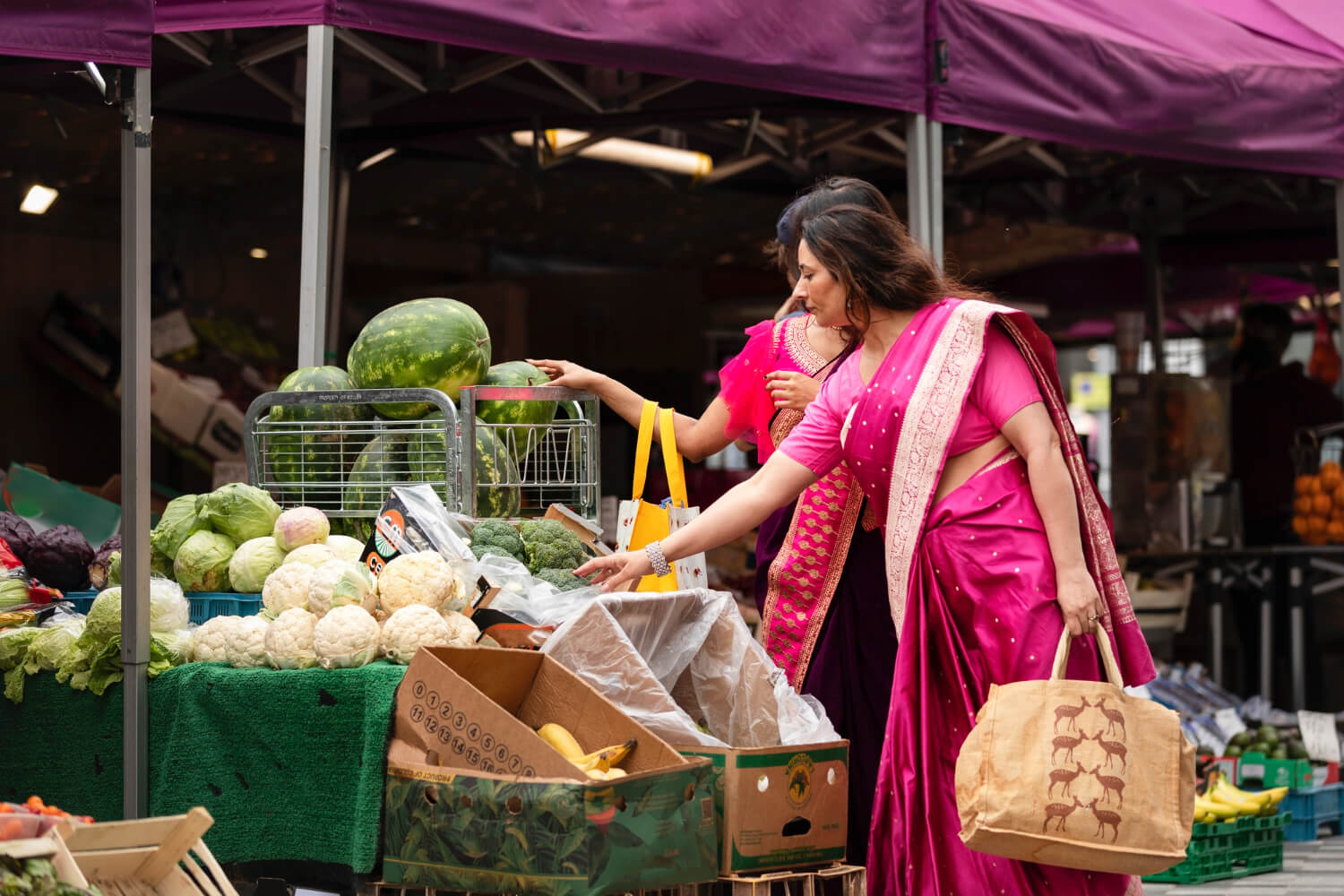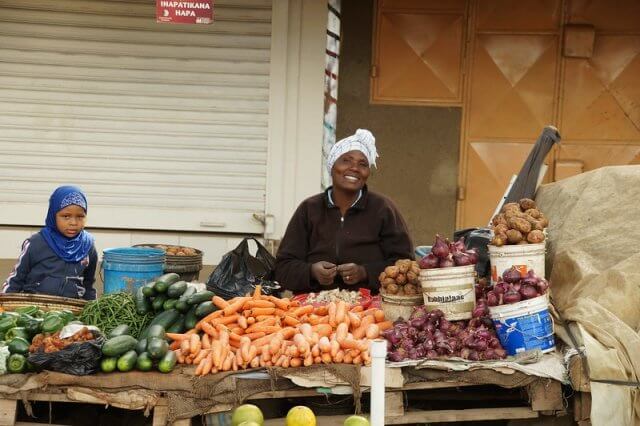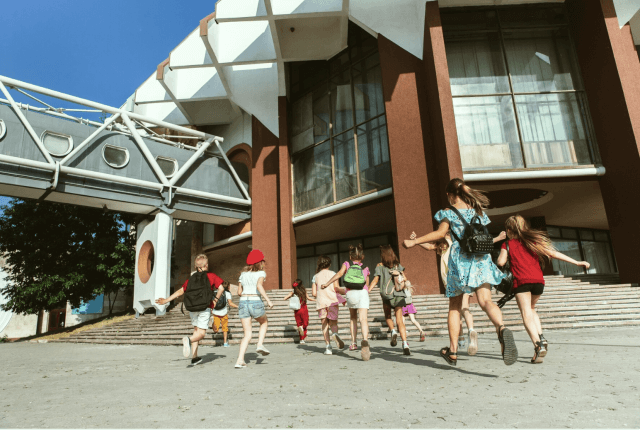The action and its aims
The city of Dhaka undertook a multistakeholder process with the aim of creating a Dhaka Food Agenda to create an inclusive, resilient, and sustainable food system. During this process multiple online and face-to-face meetings were organised where stakeholders outlined and mapped the urban food system, identified risks and crucial uncertainties, and created scenarios that envisioned a future for Dhaka’s food system. Five themes that were identified and explored by the stakeholders were food safety and consumer awareness, nutrition and food security, fresh markets, food value chains, and food loss and waste. The stakeholders explored these themes creating a narrative, highlighting opportunities and challenges, and identifying potential conflicts in the city.
When was it introduced
The Dhaka Food Agenda 2041 was created in 2022.
In February 2022, FAO and WUR collaborated to organise a set of four virtual sessions. The objective was to comprehensively examine the Dhaka food system and explore potential scenarios for the next two decades in the Dhaka region.
Why was it needed
To tackle the urgent challenge of ensuring a sufficient supply of safe, nutritious, and sustainable food for Dhaka’s residents, the Dhaka Food Agenda-2041 was created through a multistakeholder process. Through such a process, all actors involved in the food system were represented and given a voice. This document will serve as a valuable resource to aid the National Government and Dhaka’s city corporations in policymaking and urban planning. Simultaneously, it will provide guidance to all stakeholders, aligning them with a shared set of objectives.
Who initiated it, who was involved
The Dhaka Food Agenda 2041 is taking shape through a collaborative process involving key stakeholders in the food system, such as city corporations, ministries, utility and waste management agencies, the private sector, consumers, and civil society. These participants engage in discussions and receive pertinent information about Dhaka’s current food security and nutrition status, focusing on necessary transformations to address critical issues.
The coordination of the Dhaka Food Agenda rests with the Dhaka Food System Consultative Group on Urban Food System Strategies (CGUFSS), a multi-stakeholder committee. It comprises representatives from the technical working groups, including the private sector, academia, development partners, and government bodies such as city corporations, and aligned ministries.
The entire process for the Dhaka Food Agenda 2041 is spearheaded by the Ministry of Local Government, Rural Development and Co-operatives. Technical support is provided by the Food and Agriculture Organisation (FAO) and Wageningen University & Research (WUR), with funding from the Embassy of the Kingdom of the Netherlands in Bangladesh.
Impacts to date
Multiple online and face-to-face sessions and workshops have been organised. Each virtual session had 20 to 40 participants, and the face-to-face event saw over 60 attendees. In total, nearly 90 diverse stakeholders from government, business, civil society, and research sectors have taken part in these engagements so far. This multi-stakeholder process helped create the Dhaka Food Agenda 2041.




